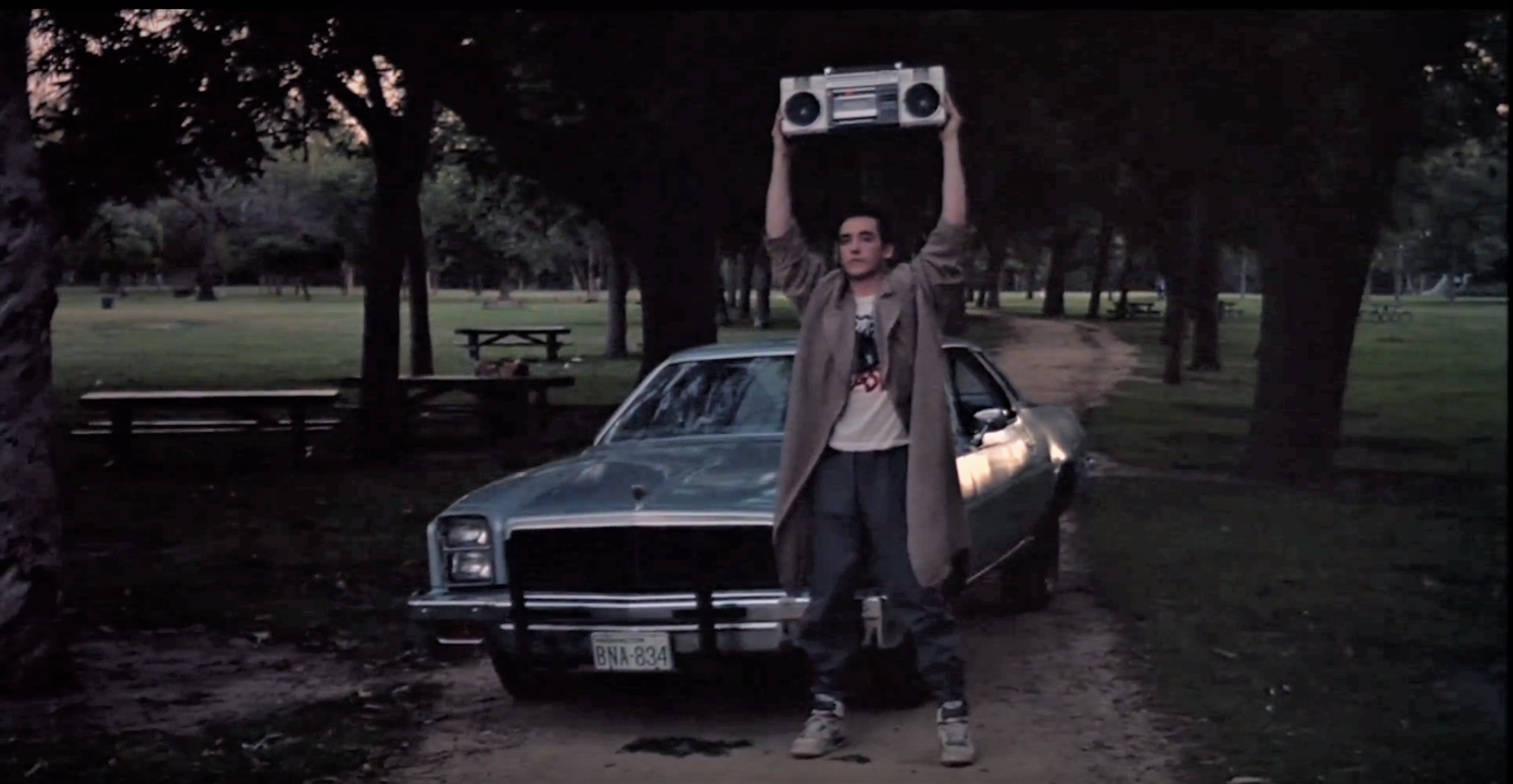The Meaning of “No” in Rom-Coms

Image via YouTube. / CC BY-NC 2.0
Many well-known romance films keep the lovers apart by throwing external obstacles at them, a narrative device popularized in Western culture by Shakespeare’s “Romeo and Juliet”. But when outside forces (like family, culture, environment, etc.) are not longer interesting enough to halt a fiery romance, then what else could hold the interest of an audience? The woman saying “no,” of course!
A woman doesn’t want to be in a relationship with a man but he wants her? Sounds like the perfect misogynistic concoction for a multimillion dollar movie. The plot of these films often center on a man whose main goal is to change the mind of a woman who has rejected him, because his love for her must be enough for her to fall in love with him. (Some go as far as to try and “cure” lesbianism– looking at you, “Chasing Amy.”)
Dramatic Romance films seem like they would be more rife with problematic relationships (“Twilight”, “50 Shades of Grey”, “The Notebook”, “Passengers”), but light-hearted comedy films are one of the largest perpetrators of misogynistic ideas. It’s in part due to the fact that we as an audience are not meant to take it as seriously, but we inevitably end up laughing, scoffing at, and normalizing these toxic masculine behaviors that translate into our real lives.
Even the most classic and well-loved films that we watched as wide-eyed little kids, become eerily uncomfortable with a second viewing years later. “Stardust” for example: an adorable, magical romantic comedy adapted from a Neil Gaiman novel is actually centered around a love story based on Stockholm Syndrome and kidnapping. The premise of the film is that a star in the form of a human woman, Yvaine, falls from the sky to the earth, and in doing so breaks her leg. The protagonist Tristan shackles her and drags her around while she limps on a broken leg. Unsurprisingly, according to this film, dragging an injured shackled woman around as a trophy is the perfect storm for a romantic fantasy film.
Romantic films have been defined by annoying male persistence. In “Big Fish”the protagonist, Ed Bloom, becomes fascinated with a woman he sees at a carnival, and works tirelessly for three years just so he can obtain information about this woman (what she likes, her name, and where she lives). After three years of obsessing over this woman, Bloom appears at her door, and upon their first meeting he says, “You don’t know me, my name is Edward Bloom, and I love you.” She responds that she is engaged to be married to someone else, and Bloom takes this as an opportunity to continue wooing her. In doing so, he also falls into the same courting methods as “The Notebook”, the stereotypical ‘man-can’t-take-no-for-an-answer-and-continues-to-harrass-woman-he-has-crush-on.’ Why does “no” from a woman only make the man fight harder for her attention? “No, I am not interested” is not supposed to be a sexy invite. There is a widespread failure to understand that a woman’s “no” is not merely a quirky character obstacle that men in film must overcome.
“You’ve Got Mail” is another staple of romantic films which features everything you’re not supposed to do when wooing a woman. It features the non-threatening Tom Hanks, who lies about his identity to a woman who is his arch-nemesis (ye olde 90s Catfishing), allows her to fall in love with the “fake” him, then reveals this intimate violation of her trust in dramatic fanfare. Because all of the best relationships are built off betrayal and fraudulent identities.
While Rom-Coms almost always feature men refuse who refuse to take no for an answer, many also blatantly glorify abusive power dynamics. The main plot of 2010’s “Bounty Hunter” is that Gerard Butler puts his ex-wife in the trunk of his car to deliver her to jail after she skipped bail. Spoiler: they fall in love again. Like “Bounty Hunter,” “Sweet Home Alabama” is about another separated couple who hate each other, but are brought together because the ex-husband is holding the woman hostage for different reasons. The takeaway from this? Abusive power dynamics, and women getting little-to-no-say in their relationships is sexy and an easily peddled plot in Hollywood.
Through these films are meant to be entertaining and ridiculous, it is dangerous to ignore the uncomfortable truths of almost all romantic films in Hollywood: they seem incapable of portraying a healthy relationship dynamic.
Why must all the romance movies women fawn over and often adore, be ones rooted in misogyny? The answer is glaringly simple: power dynamics and patriarchal oppression are parts of our everyday lives, and women have normalized admiring this kind of possessive and unhealthy behavior in a romantic partner.
More problematic is that the fact that women in these films often get together with the men who have been harassing, stalking, and abusing them in a glorious cinematic ending with much fanfare. Romance in Hollywood is defined as annoying persistence on the male’s part, and a woman’s subjugation to his will. You broke up. Don’t stand outside my window blasting a boombox over your head. Accept that a woman can make a definitive decision.




